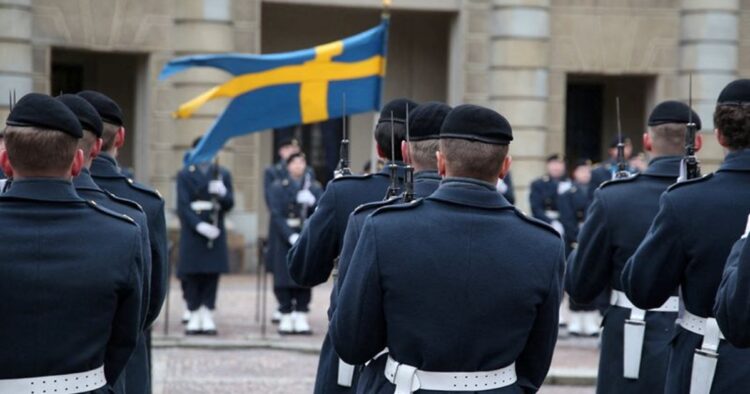After years of deliberation and historic neutrality, Sweden has taken a monumental step towards NATO membership. With Hungary’s recent ratification, Sweden’s path to NATO accession has been cleared, marking the end of a two-century-long era of independent military security. This decision comes in the wake of Russia’s invasion of Ukraine in 2022, which left Swedes facing a critical choice between joining NATO or facing potential isolation against an increasingly assertive neighbor.
While NATO membership may appear as a natural progression for some, it has sparked concerns among certain segments of Swedish society. Critics worry that joining the alliance may signify a significant shift in Sweden’s identity, particularly its long-standing commitment to neutrality and peace advocacy. Kerstin Bergea, chairperson of the Swedish Peace and Arbitration Society, expressed concerns that Sweden’s historical voice for peace and disarmament might be muted with NATO membership.
Sweden’s tradition of neutrality has enabled it to play a significant role in global conflicts, often advocating for peace and human rights on the international stage. From Dag Hammarskjold’s peace efforts in the 1960s to Hans Blix’s role as the chief U.N. weapons inspector, Sweden’s neutrality has facilitated its influence beyond its size.
However, joining NATO poses challenges to Sweden’s traditional stance on various issues. The alliance’s membership requirements and obligations may compel Sweden to align more closely with the policies of its allies, potentially limiting its diplomatic autonomy. Additionally, NATO’s nuclear-armed status contradicts Sweden’s stance on nuclear disarmament, creating tensions between principles and practicalities.
Despite historical neutrality, Sweden’s security landscape has evolved, necessitating a reassessment of its defense strategy. With the erosion of traditional security threats and increased global instability, many Swedes now view NATO membership as a crucial step towards bolstering national security. Finland’s decision to join NATO, coupled with the ongoing military aggression witnessed in neighboring regions, has further reinforced the case for Swedish accession.
Jan Eliasson, a veteran diplomat, underscored the urgency of aligning with NATO in the face of evolving security challenges. He emphasized the need for preparedness in the wake of military aggression and underscored the importance of collective defense measures in safeguarding democracy and stability.
Ultimately, Sweden’s decision to join NATO signifies a significant departure from its traditional stance of neutrality. While it marks the end of an era defined by independent security policies, it also represents a proactive step towards ensuring the nation’s security in an increasingly uncertain world. As Sweden embarks on this new chapter, it navigates the delicate balance between historical principles and contemporary security imperatives.

















Comments